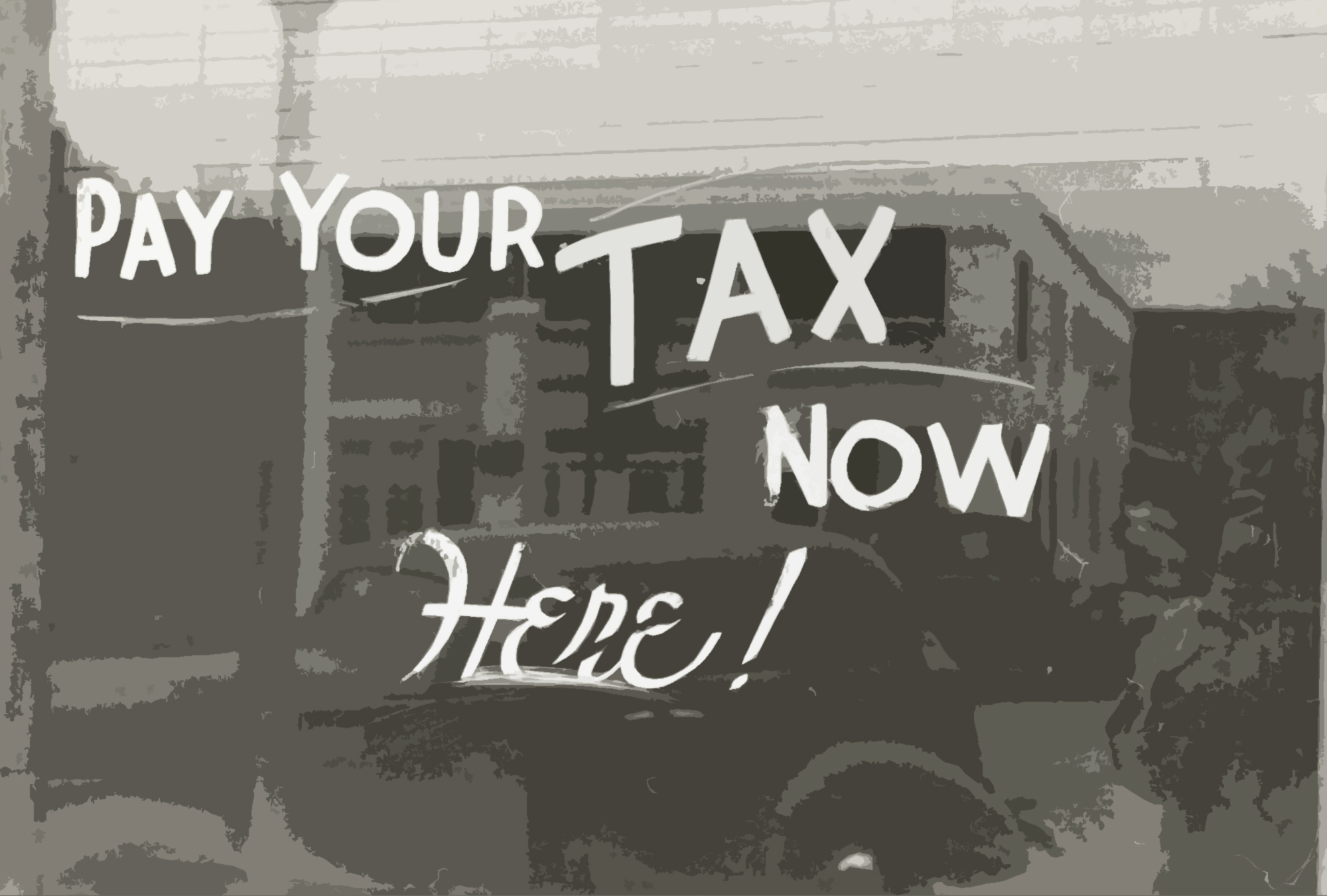If you operate your business as a personal or family company, you will need to extract some or all of the profits if you wish to use them personally. When it comes to tax, not all profit extraction methods are equal. While personal circumstances will dictate the most efficient way for you to extract profits, the following five extraction methods should be considered as part of a tax-efficient profit extraction strategy.
Method 1: salary
Paying a small salary can be tax-efficient where the recipient has not used their personal allowance elsewhere. Paying a salary that is at least equal to the lower earnings limit for National Insurance purposes (£6,396 for 2022/23), will ensure that the tax year is a qualifying year for state pension purposes; this can be useful where the recipient does not already have the 35 qualifying years needed for a full state pension.
For 2022/23, the optimal salary will depend on whether the National Insurance Employment Allowance is available to shelter any employer’s National Insurance on the salary. Assuming the personal allowance remains available in full, the optimal salary where the Employment Allowance is not available (as is the case in a personal company where the sole employee is also a director), is one equal to the primary threshold for 2022/23 of £11,908. If the Employment Allowance is available (or one the higher secondary Class 1 National Insurance thresholds applies), the optimal salary is one equal to the personal allowance, set at £12,570 for 2022/23.
Method 2: dividends
Dividends are paid from post-tax profits, and the profits from which they are paid have already suffered corporation tax. As all taxpayers benefit from a dividend allowance (set at £2,000 for 2022/23), where this remains available, paying a dividend up to this amount allows profits to be extracted free of any further tax. Once the optimal salary has been paid and the dividend allowance has been used, if further profits are needed outside the company, it is generally preferable to take dividends rather than additional salary as the dividend tax rates are lower and there is no National Insurance to pay on dividends.
Remember, dividends must be paid in proportion to shareholdings. However, using an alphabet share structure preserves flexibility. Remember, dividends can only be paid if you have sufficient retained profits from which to pay them.
Method 3: rent
Many personal or family companies are based at home. The company can rent a room from the director and pay rent for the privilege. This can be tax efficient, as the company will benefit from a deduction for the rent paid when calculating its profits for corporation tax purposes. While the rent is taxable in the hands of the director, if the director does not have other rental income, he or she may be able to benefit from the property income allowance to receive £1,000 of rent tax-free. Paying rent has the added advantage that there is no National Insurance to pay.
Method 4: pension contributions
The company can also make pension contributions on behalf of the director (and/or his or her family). The company will usually be able to deduct the pension contributions in full when calculating its profits. Providing the contributions do not exceed the available annual allowance or take total tax relieved contributions above the level of the lifetime allowance, there will be no tax charges on the recipient.
Method 5: benefits-in-kind
It can be particularly tax-efficient to provide directors and family employees with exempt benefits in kind, such as a mobile phone or workplace parking, as the recipient will enjoy the benefit tax-free, while the company can deduct the cost in calculating its taxable profit. Where an exemption applies, there is no Class 1A National Insurance for the company, and most benefits in kind are free of employee National Insurance.
Benefits-in-kind can still be tax efficient even if a tax charge applies; for example, it may be beneficial for the employee to have an electric company car rather than be given more salary from which to fund the car. Providing a benefit rather than additional salary will also save employee’s National Insurance as most benefits-in-kind are liable to Class 1A (employer-only) rather than Class 1.












